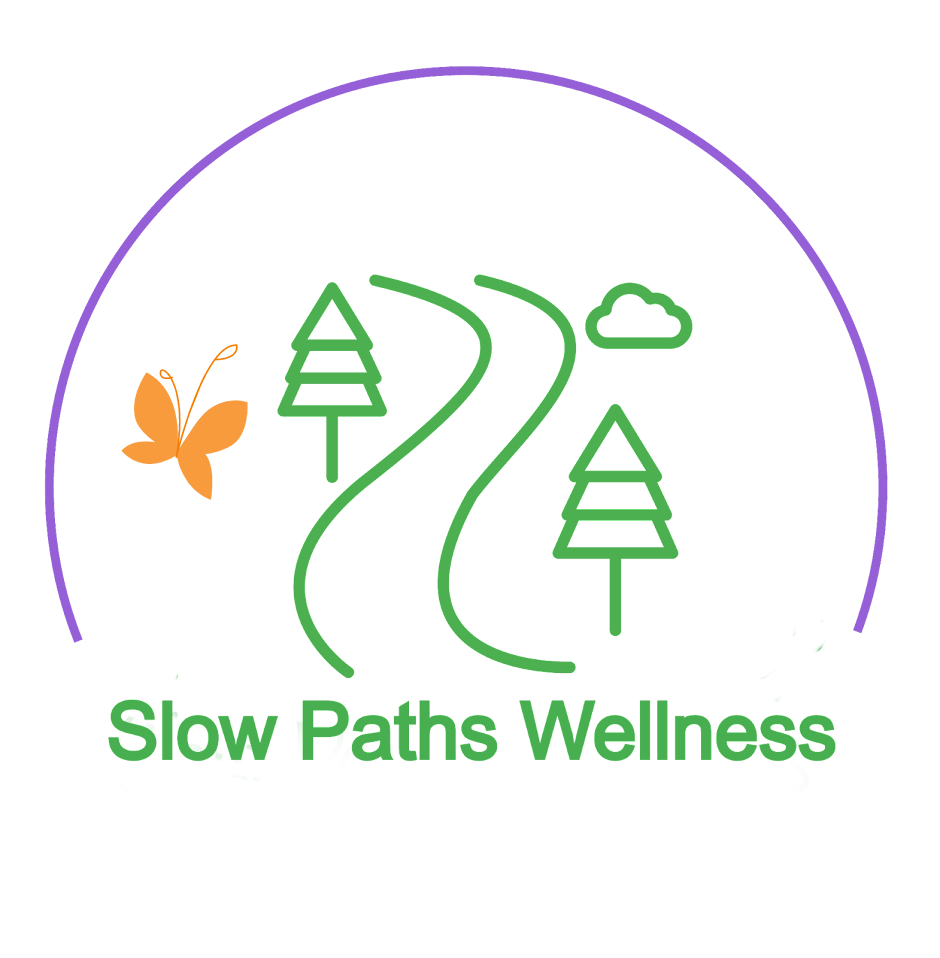 |
| Photo by Teresa Y Green |
Emotional
or mental problems affect many people. Even mild symptoms can lower
your enjoyment of life, and severe symptoms can be debilitating.
Acupuncture
together with other components of Chinese Medicine can help.
Diagnosis and Treatment: Different From "Western" Medicine
Many patients are surprised to find that Chinese medicine’s diagnostic process is very different from what they find at their doctor’s office. Two people with the same “western” diagnosis, such as clinical depression, may have completely different Chinese medicine diagnoses.
To make the right diagnosis for you, your acupuncturist will ask questions during the interview that may seem to have nothing to do with your emotions. Questions about digestion, your reaction to stress, and your sleep give information that will help her to give you the correct treatment.
While many people think of acupuncture for treatment, a complete treatment usually uses acupuncture, herbal, and dietary treatments. Using all of the resources of Chinese medicine brings quicker and longer lasting results.
Some Possible Diagnoses
There are
many different diagnoses related to emotions. Here are a few
different diagnoses, with the primary symptoms associated with each:
- Qi
Stagnation: Crying or depression, especially with
restlessness, becoming easily frustrated, irritability, wandering
pain, alternating diarrhea and constipation, irregular menses, and any symptom
that is worse with stress.
- Blood stagnation: Severe
emotional distress, usually rage, accompanied by severe, stabbing pain in
a fixed location. Also menstrual problems, purple color on the nails
or tongue, and symptoms that improve with exercise.
- Phlegm
misting the mind: Irrational thoughts, extreme paranoia,
hallucination, can be accompanied by either mania and rage or terror, or apathy
and withdrawal.
- Liver
Yang Rising/Liver Fire: Anger or rage accompanied with red face,
irritability, dizziness, and headache, worse with stress.
- Dampness
/ Phlegm Stagnation: Depression marked by apathy; difficulty
concentrating; foggy, unclear, or irrational thinking; dizziness; feeling achy
and sore, often with tender points; a heavy feeling in the limbs; fatigue;
chest congestion or diarrhea.
- Heart
Fire: Rage, red face, red tongue, insomnia, restlessness, mania.
- Qi
deficiency: Depression or anxiety worse when tired, lack of interest in
life, soft voice, gas and bloating, low energy.
- Blood
Deficiency: Apathy, anxiety, paranoia, insomnia, dream-disturbed sleep,
difficulty thinking or concentrating, poor vision, low energy, dizziness, dull
pain, worse when fatigued, muscle spasms, numbness and tingling, pale skin, dry
skin, nails, or hair;, scanty menses or missing periods.
- Heart or
Gallbladder deficiency: Difficulty making decisions, apathy,
anxiety, insomnia, shortness of breath.
- Yin
Deficiency: Irritability or anxiety, worse in the afternoon and
evening, accompanied by night sweats, hot flashes, any symptom worse in the
afternoon or evening.
- Yang
Deficiency: Extremely low energy, listlessness, apathy; difficulty staying
warm; edema, frequent urination and diarrhea; dull pain improved by warmth,
especially in the back, knee, or foot, worse when tired; urinary or sexual
dysfunction.
Quick Tips to Balance
Emotions
Here are
some ideas to improve your emotional equilibrium today:
- Make a moderate
exercise program and stick with it. Consider tai chi, qi gong, yoga,
or other gentle qi exercises with fluid movements or gentle stretching.
- Work on
experiencing your emotions as they occur. Set aside time each
day to review your feelings and write about them, share them with a friend, or
take action to make your life better.
- Keep a
food diary, and note if you experience emotional episodes after eating certain
foods. Some people find specific foods that trigger depression,
anxiety, or apathy.
- Take
steps to lower your stress level. Any health problem worsens with
high stress levels.
Of
course, if you are experiencing symptoms that severely interfere with your
day-to-day life, please seek professional psychiatric help. Once
your condition is stabilized, you can discuss adding Chinese medicine to your
treatment strategy with your doctor or therapist.




